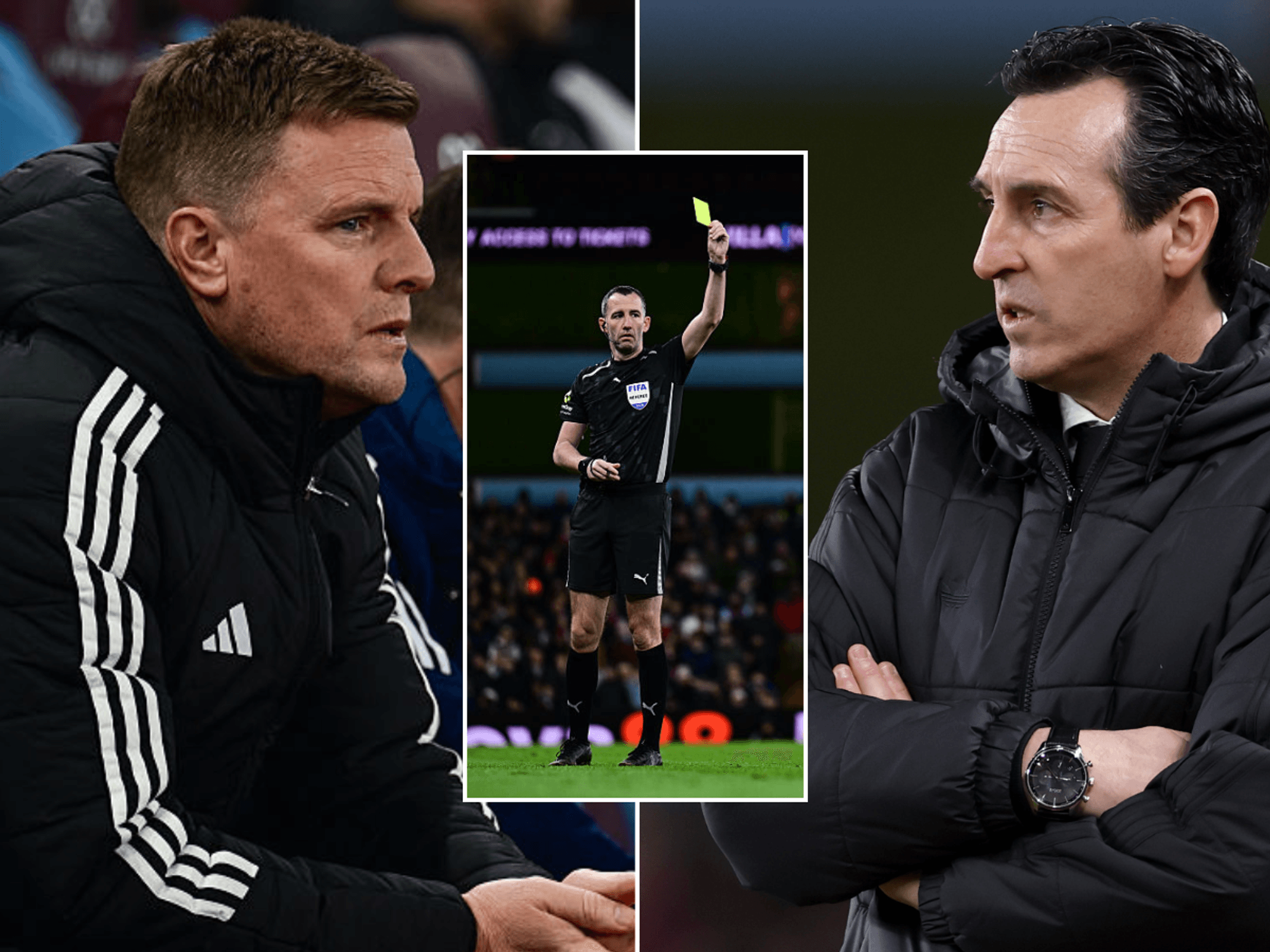Single pensioners need £277,500 more for ‘moderate’ retirement than couples

Single pensioners need £75,000 more in pension savings than couples for a “minimum” retirement
Don't Miss
Most Read
Single pensioners who want to enjoy a “moderate” standard of living in retirement will need £277,500 more in pension savings than couples, analysis shows.
For this standard of living, which would cover a car and one two-week foreign holiday per year, single pensioners would need a post-tax income of £31,300 per year.
Assuming they get the full new state pension, they would need an RPI-linked annuity - which is a guaranteed income for life - providing £24,280.10 per year, taking account of tax and assuming they opt for this form of pension withdrawal.
To achieve this, a single pensioner would need a pension pot worth £555,000, according to calculations by Standard Life.
In comparison, pensioner couples getting the full state pension would need an after tax annual income of £43,100, which they could get if they had also saved £555,000 – meaning they would need to save just £277,500 each.
Dean Butler, Managing Director for Retail Direct at Standard Life said the research shows it’s “vital” that single people think about their retirement finances as soon as they can.
He added: “Unfortunately not all relationships last, so awareness of these figures becomes important when thinking about how to approach pension sharing and the possibility of a single retirement.”
To achieve a “minimum” living standard in retirement, which would cover the basic living essentials and a one week holiday in the UK each year, but no car, pensioners need an annual income after tax of £14,400, the PLSA said. It means a retiree getting the full new state pension would need and extra £3,355.10 before tax.
They would need £75,000 in retirement savings at current rates to get this income for life.
Pensioner couples, meanwhile, need an annual income of £22,400 for this “minimum” standard of living, which would be covered by two full new state pensions, assuming they get the maximum amount.
Butler added: “Whether single by choice or by circumstance, single people must front a whole host of expenses on their own – from mortgage or rent payments, utility bills and council tax, to broadband, holidays and TV subscriptions – and unfortunately these aren’t automatically half the amount that couples pay.
“It’s similar when it comes to pension savings too.
"Couples can pool their finances for retirement, and as our analysis shows, single pensioners need to amass a significantly bigger pension pot to achieve the same standard of living as pensioner couples.”
For a “comfortable” living standard in retirement, which covers a three-week foreign holiday, a full kitchen and bathroom replacement every 10-15 years and a £1,500 per year clothing and footwear budget, single pensioners would need a pension pot of £890,000.
Pensioner couples would need £985,000 between them – or £492,500.
It means a single pensioner must amass an extra £397,500 to enjoy the same lifestyle as a couple.
LATEST DEVELOPMENTS:

Pensioner couples would need £985,000 between them for a 'comfortable' retirement but a single pensioner would need a pension pot of £890,000
|GETTY
Butler added: “Knowing the sort of lifestyle you want in retirement will help develop a plan, and the PLSA Retirement Living Standards tool outlines the savings target that you might need to achieve the retirement you desire.
“Saving into a pension from an early age will give your money more time to grow and benefit from any associated compound investment growth, while boosting your pension contributions is also a great way to build up savings.
“To help keep your pot growing more, consider making top ups to the amount you regularly pay into your pension if you get a pay rise for example, or make a one-off contribution following a bonus.”











